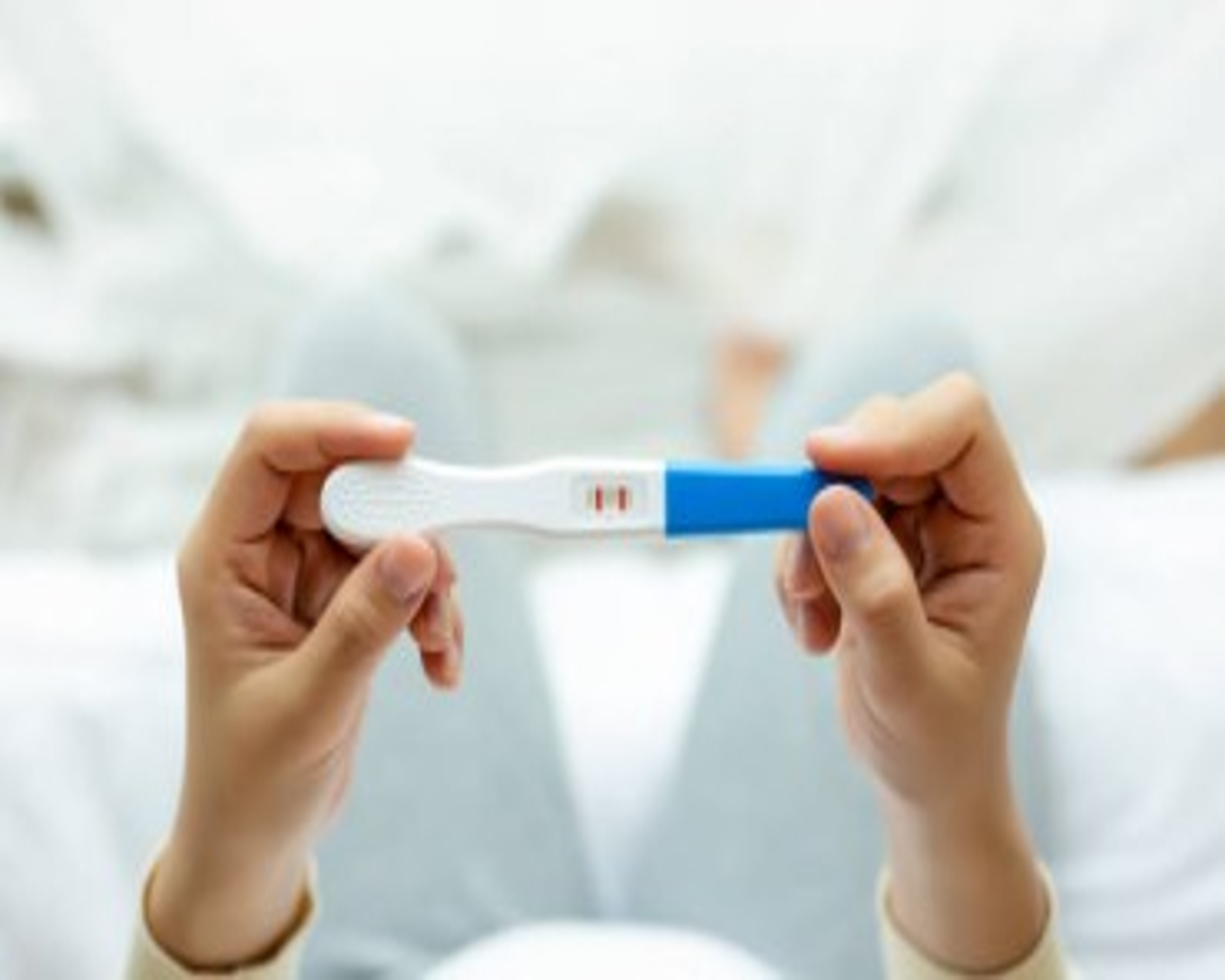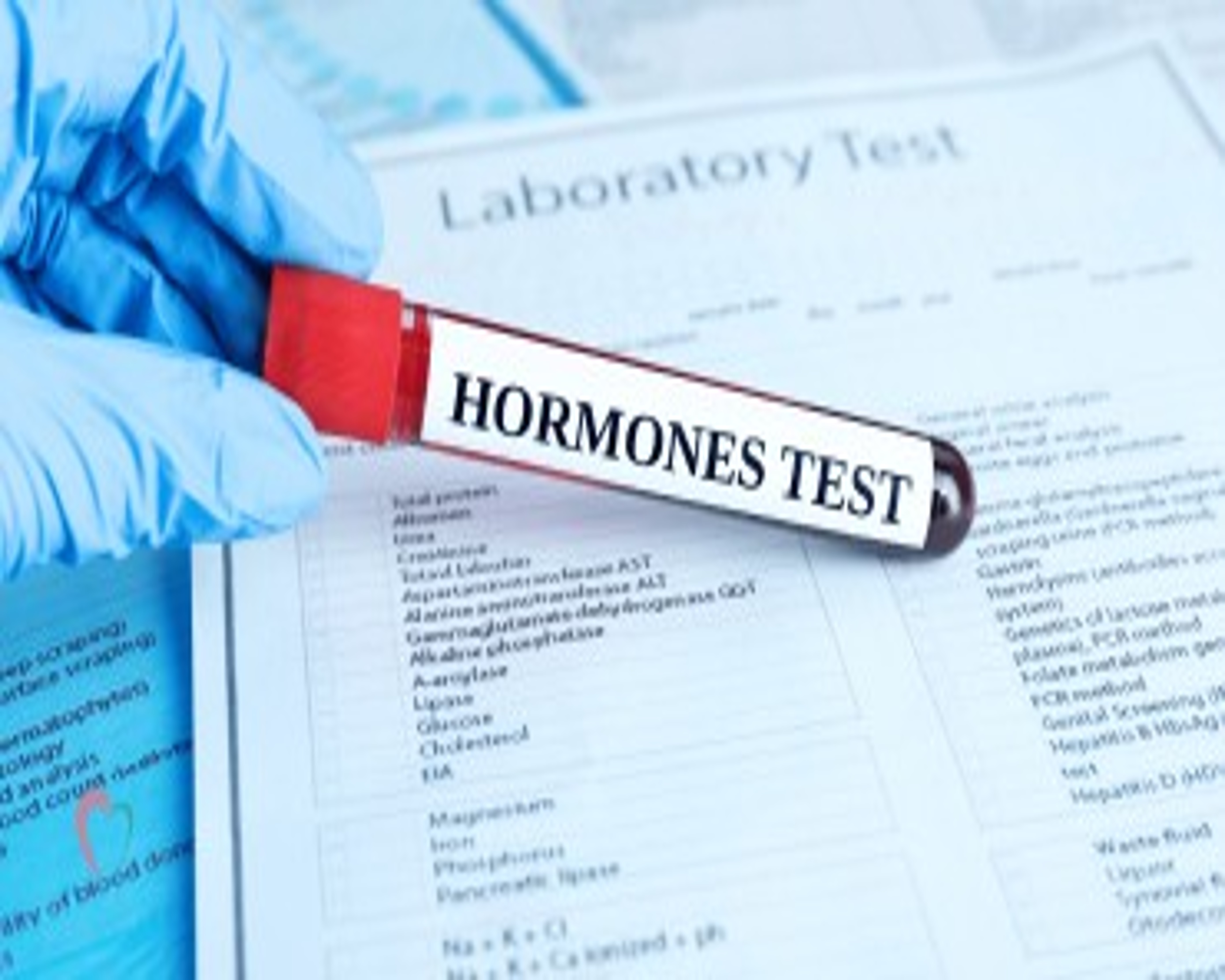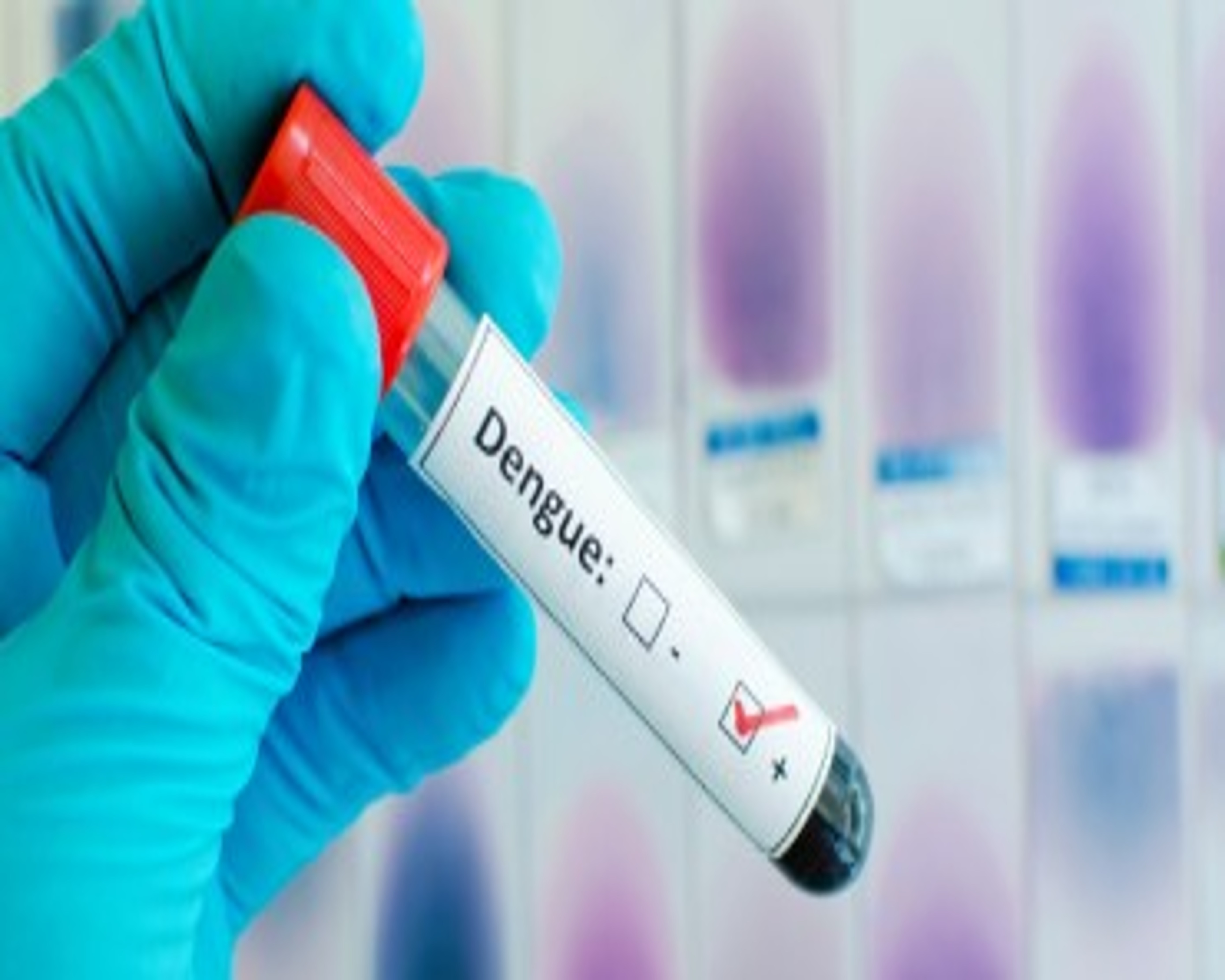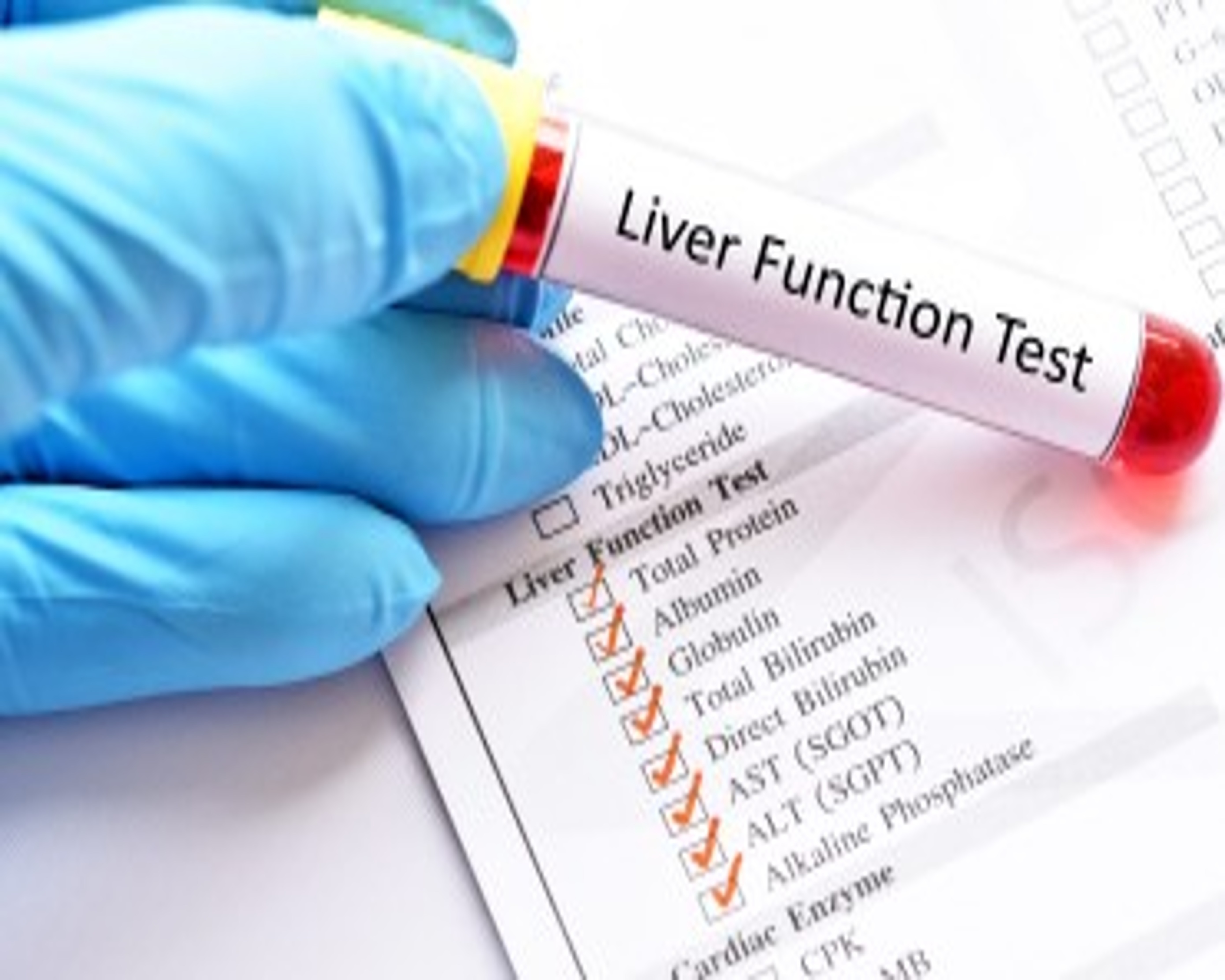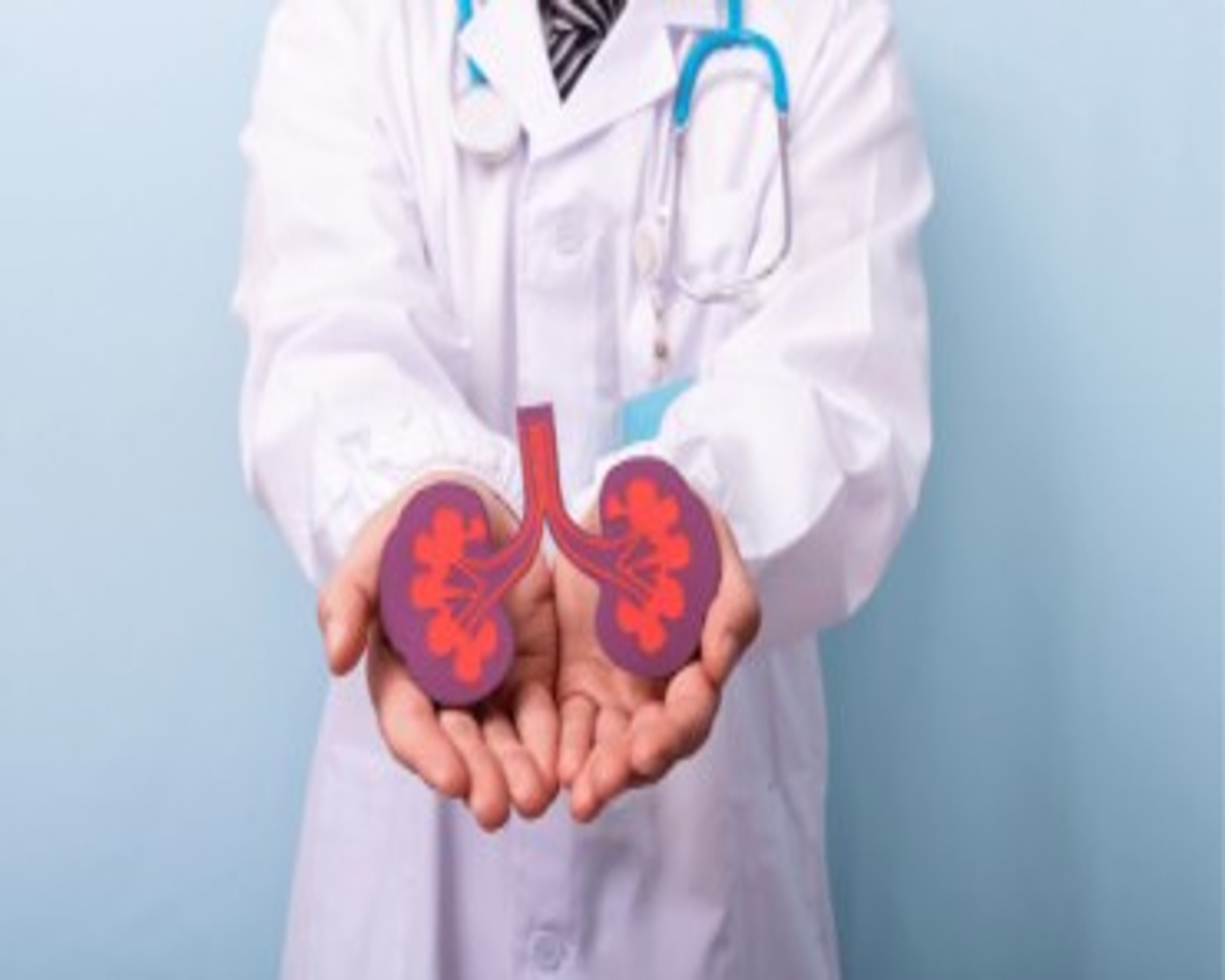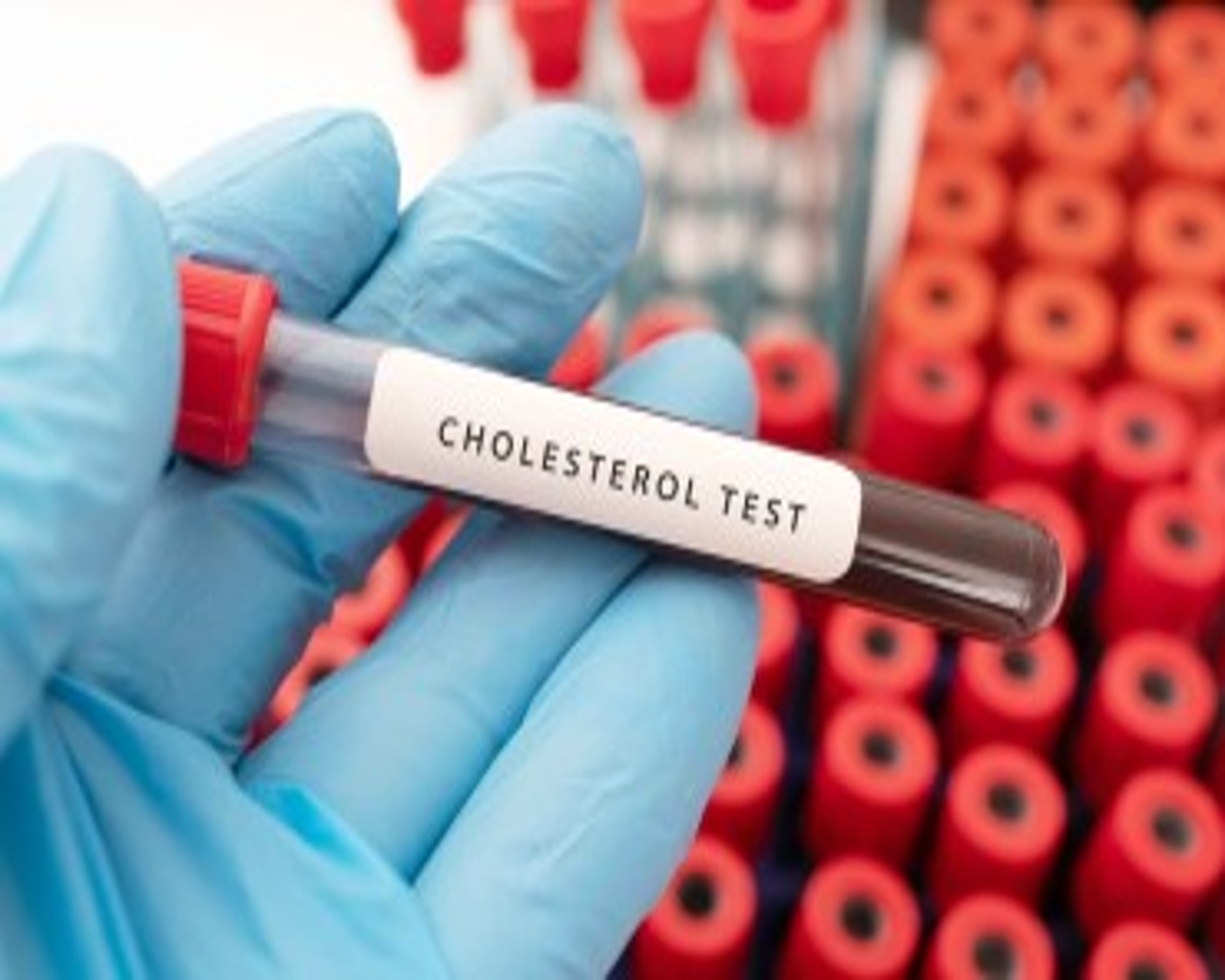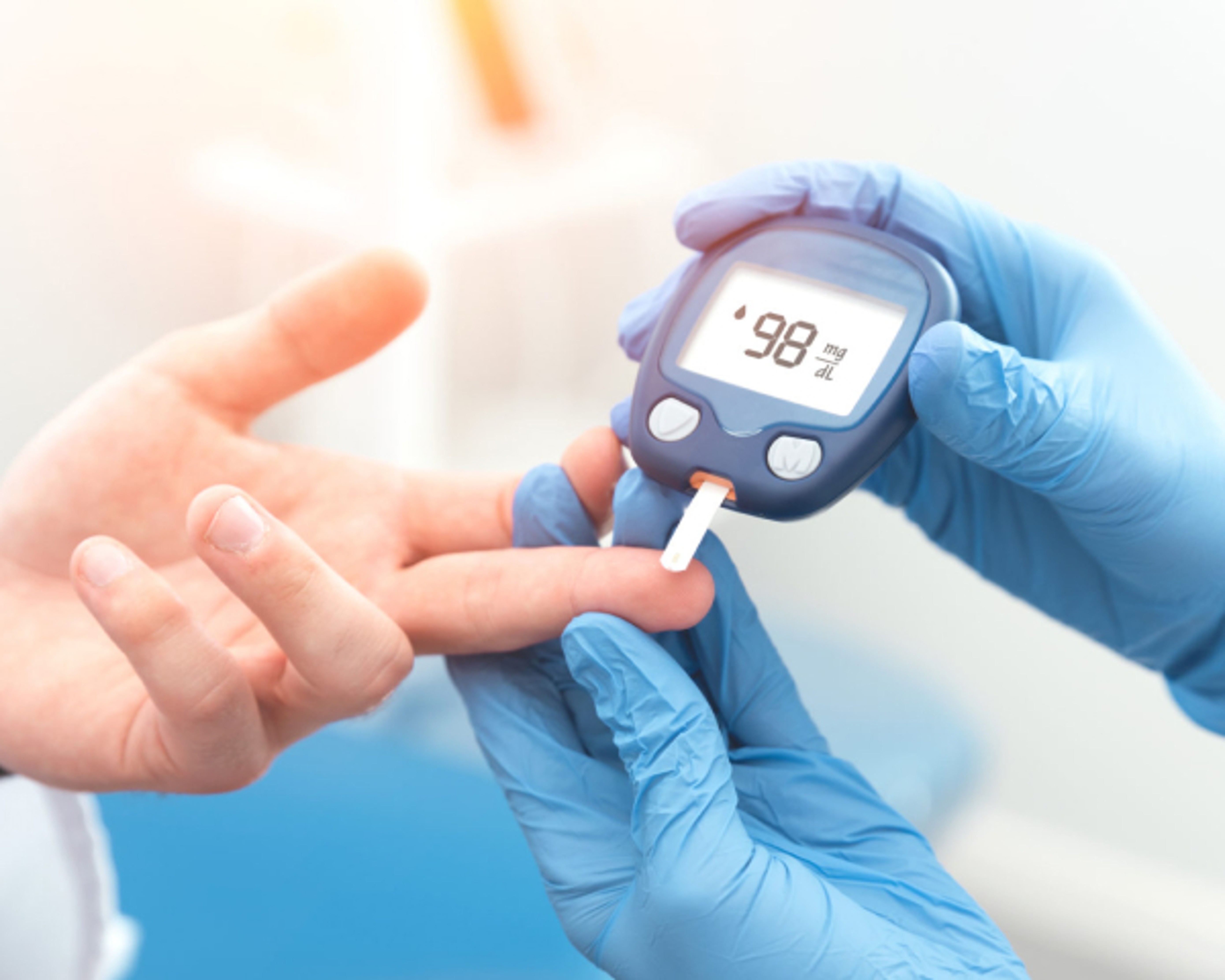
Fever Test
A Fever Test aids in detecting illnesses like malaria, dengue, or typhoid. Early detection of any fever helps in prompt treatment and recovery. If a person shows signs or symptoms of typhoid fever such as headache, abdominal pain, diarrhoea, loss of appetite, muscle weakness, weight loss or skin rashes.
For a low-grade fever, your care provider may not recommend taking medications to lower your body temperature. These minor fevers may be helpful in reducing the number of microbes causing your illness. Fevers above 102 F (38.9 C) tend to cause discomfort and often require treatment.
Different types of Fever Test
Typhidot Test
Widal Test
Malaria Test
Max Fever Panel
Monsoon Fever Panel
Scrub Typhus Test
H1N1 Swine Flu Test
Chikungunya PCR Test
